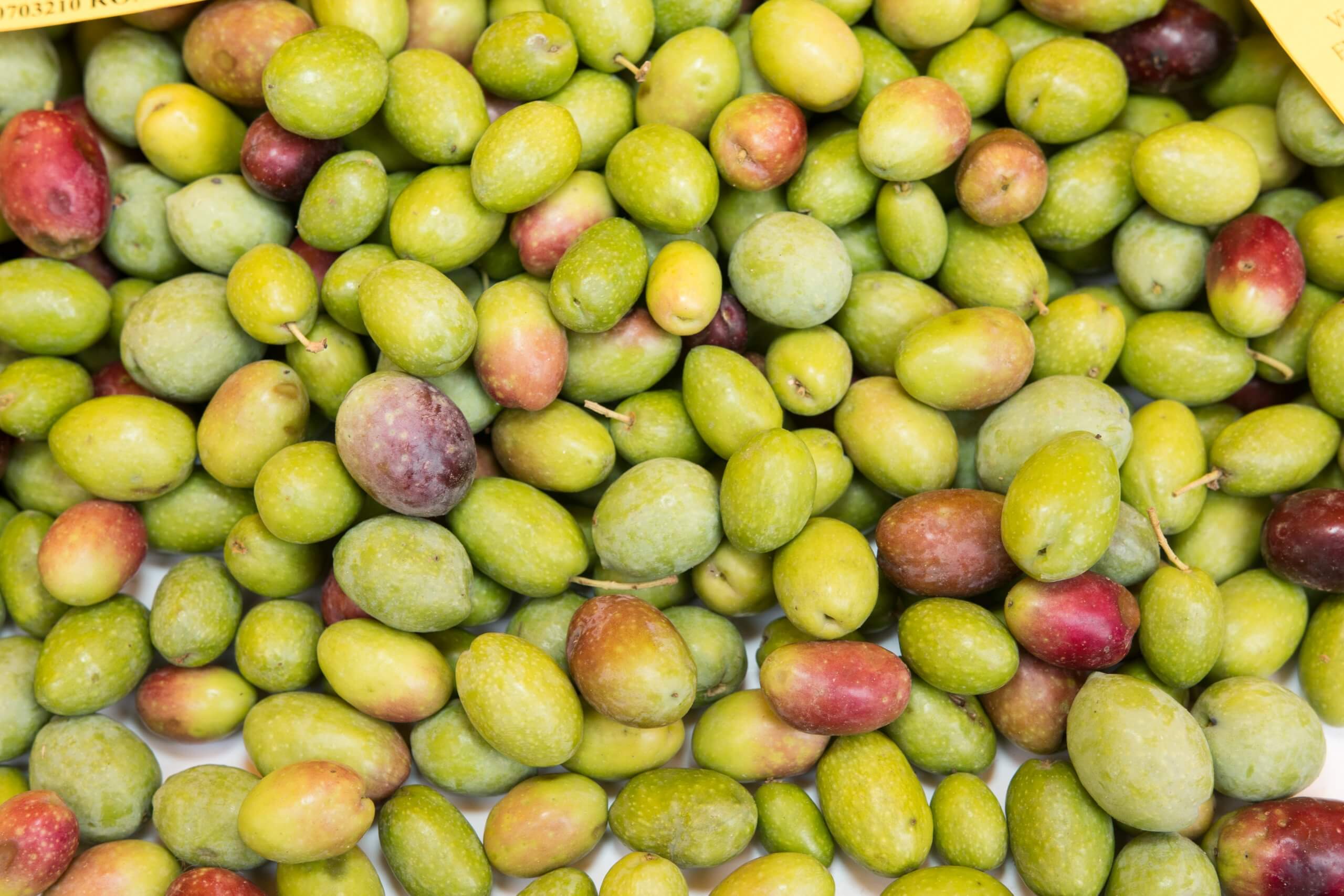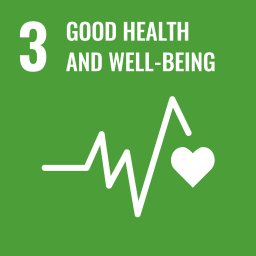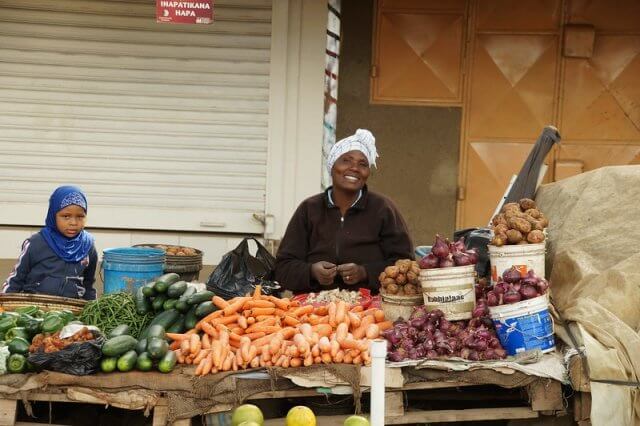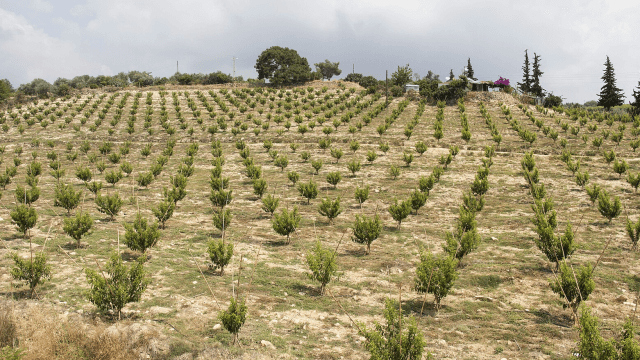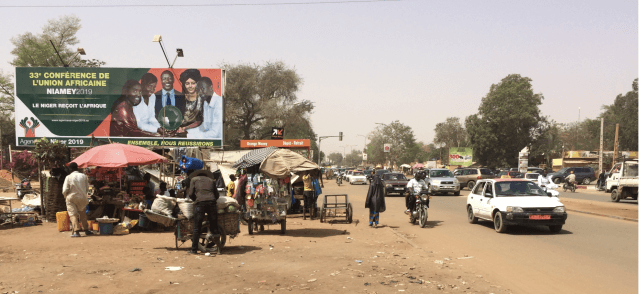The action and its aims
In 2018 five municipalities in the Piana di Lucca territory – Capannori, Altopascio, Lucca, Porcari, and Villa Basilica – cooperated in a participatory process called Circularifood, in order to create an inter-municipal food strategy.
Why it was needed
In order to develop, adopt and implement the joint Food Plan for the Piana di Lucca 2019-2023, the municipalities had to combine resources, competencies and understanding of the needs of their population. The process followed the municipalities’ signature of the Milan Urban Food Policy Pact (Lucca and Capannori) and was the first step towards fulfilling their commitment to developing sustainable food systems.
Who initiated it, who is involved
The action was led by the municipality of Capannori. The Circularifood process, which began in June 2018, involved the mapping of all active food stakeholders in the territory. Citizens and groups of interest then participated in a series of 10 workshops and focus groups.
Outcome/how it strengthened coordination
The participatory process culminated in the creation of an inter-municipal food strategy and food council for La Piana di Lucca. The food strategy aims to build integrated policy on agriculture, social health services, education, the environment, and territorial and economic planning, that places the creation of a sustainable local food system at the centre of the public action. The food council was created to implement the strategy. It consists of a political and organisational part, the Assembly of Mayors for Local Food Policies, and a participative part, the Council, made up of citizens, NGOs and the third sector that meet every six months at the Food Agorà. The municipalities are creating dedicated offices to coordinate the work.
